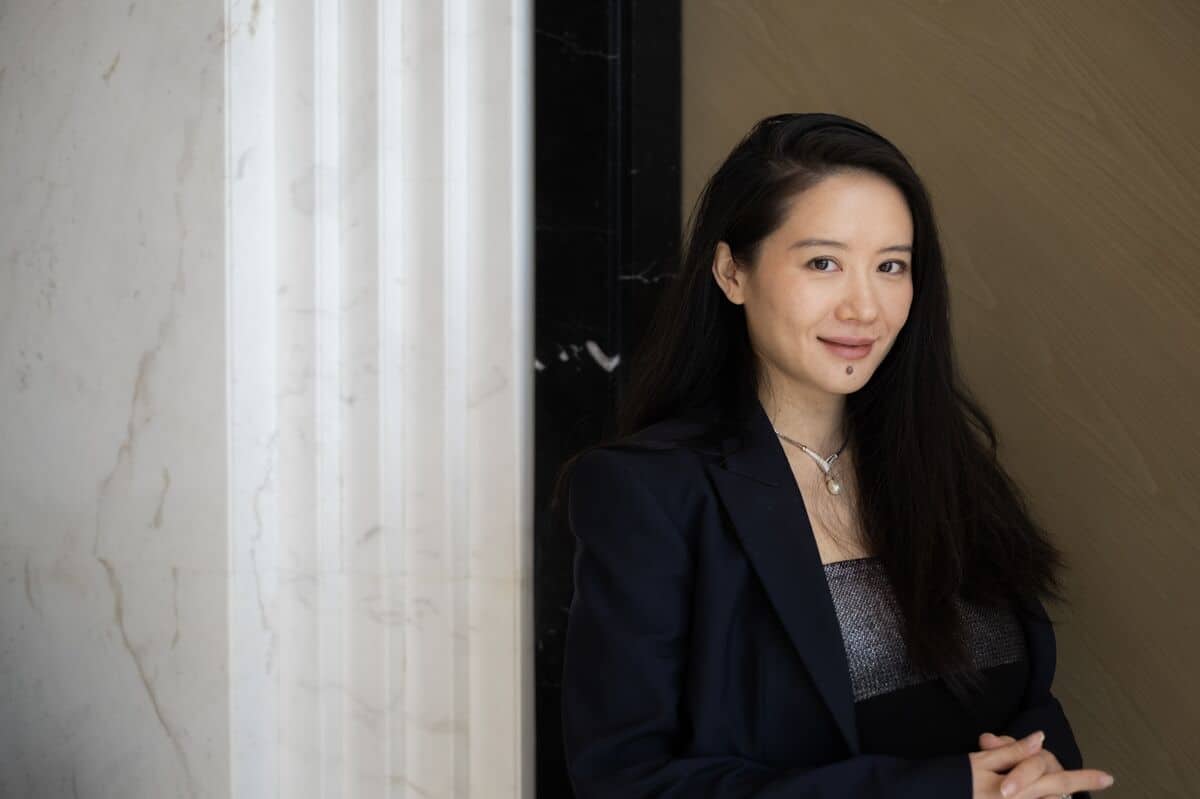Paris Olympics Security: A Complex Challenge
Heightened Vigilance Ahead of the Games
Police are “locking down large swaths of Paris” ahead of the Olympic Games, as France “wrestles with one of its biggest security challenges,” according to White, Abboud & Germano of the FINANCIAL TIMES. The heightened vigilance comes as wars in Ukraine and Gaza “increase the potential for repercussions in France.” With the bulk of events taking place “in temporary venues in Europe’s most densely populated capital,” the “risks are complex.”
Measures in Place
The Opening Ceremony will take place on the River Seine on Friday — the “first such ceremony outside a stadium.” Measures include a 3.73mi central perimeter that has “made the riverbanks accessible only to preregistered guests who will undergo body searches.” Bomb squads will “comb the Seine’s bridges, many of which will be closed.” Military units will “occupy rooftops to combat possible drone strikes.” France is also “braced for potential cyber attacks, including from Russian hackers,” which “target forces’ command infrastructure or hospital systems.”
Security Deployment
Paris 2024 Head of Security Bruno Le Ray said of the $348.2M-$380.9M operation, “It will be an unprecedented and complicated security challenge.” About 30,000 police, “increasing to a record 45,000 deployment at peak times,” will work on the four-week Olympics and Paralympics across the Ile-de-France region covering Paris. They will be “supplemented by at least 15,000 French military personnel” and “some 1,800 foreign police officials, including UK officers and specialist search dogs.”
Additional Security Measures
Police are also “on high alert for political demonstrations linked to the elections,” as well as “disruptions from environmental and other activists” (FINANCIAL TIMES, 7/21).
AI Technology in Security
USA TODAY’s Kim Hjelmgaard notes one area of Olympics-related security that has been “getting attention” is France’s “use of AI to help ensure the safety of the estimated 15 million people expected” in Paris for the Games. AI’s impact is “being felt across different sectors and industries.” Its use at the Olympics is “perhaps the most high-profile example yet of how it’s being deployed to detect security threats.” French law “completely prohibits the public use of facial-and-biometric-recognition technology” — something the AI-enhanced algorithmic video surveillance cameras deployed around the Olympic sites in Paris are “capable of delivering.” According to the government, AI will be used in Paris even if it is not “tracking specific individuals” (USA TODAY, 7/22).
Conclusion
The security measures in place for the Paris Olympics are a testament to the complexity and magnitude of the challenge. With a record number of police and military personnel deployed, and the use of AI technology to detect security threats, the French government is taking a multi-faceted approach to ensure the safety of athletes, officials, and spectators alike. As the world’s attention turns to Paris, it will be interesting to see how these measures play out in the coming weeks.
FAQs
- How many police and military personnel will be deployed for the Paris Olympics? About 30,000 police and 15,000 military personnel will be deployed.
- What measures are being taken to prevent cyber attacks? France is bracing for potential cyber attacks, including from Russian hackers, and has taken measures to protect forces’ command infrastructure and hospital systems.
- What role will AI play in security? AI technology will be used to help ensure the safety of the estimated 15 million people expected in Paris for the Games, detecting security threats and supplementing traditional security measures.
- Will facial-and-biometric-recognition technology be used? No, French law prohibits the public use of facial-and-biometric-recognition technology, but AI-enhanced algorithmic video surveillance cameras will be used.










